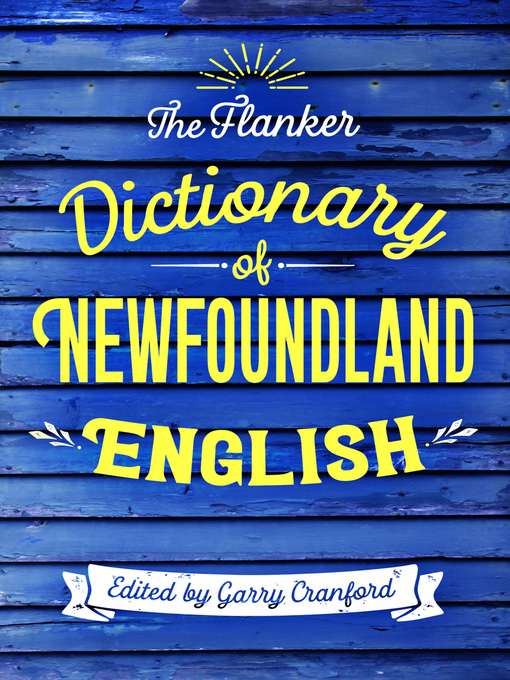- Just added
- Available now
- Cozy Fantasy & Sci-Fi (Adult + YA)
- Black Stories Black Voices
- Too hot to hold
- Up Lit (uplifting reads)
- Pride
- New eBook additions
- New kids additions
- New teen additions
- Most popular
- En français (adultes)
- Try something different
- See all
- Available now
- New audiobook additions
- Audiobook Biographies
- Audiobooks for the whole family!
- Audiobooks with great narrators!
- No Waitlist Audiobooks
- Audiofile Best Audiobooks 2020
- New kids additions
- New teen additions
- Listen & Learn
- Life Stories on Audiobook
- See all

